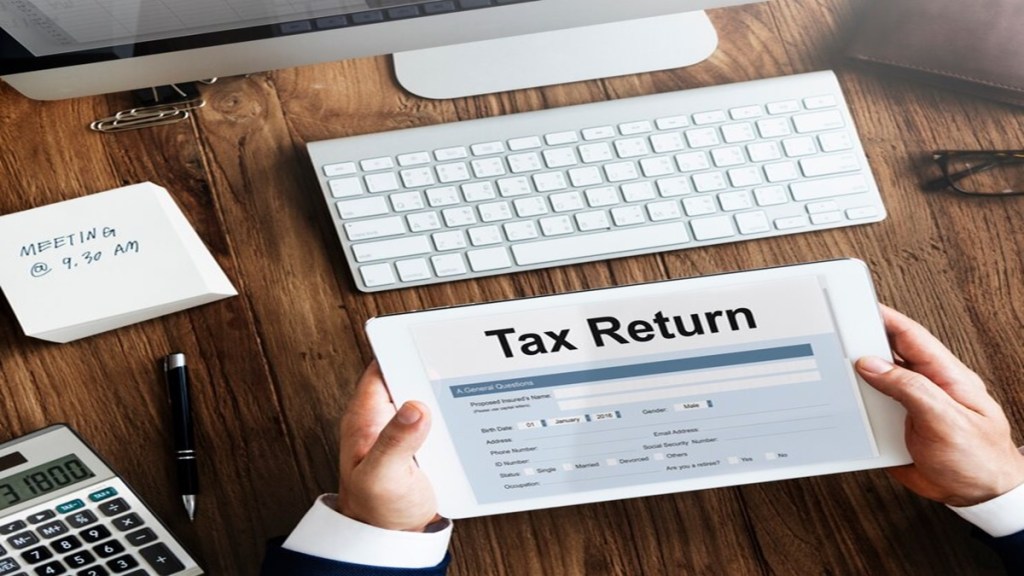One of the primary concerns generated by the release of the new Income Tax Bill 2025 is whether late filers will be entitled to refunds when filing their Income Tax Return (ITR) beyond the deadline. The bill, slated to be implemented from FY2026-27, contains provisions that have created uncertainty regarding the entitlement of late filers to refunds.
Major provisions in the new bill
Clause 263(1)(a)(ix) of the new bill has been criticized by experts, which says that those who are claiming refunds should file their ITR within the stipulated due date. This is different from the existing Income Tax Act, 1961, where taxpayers can claim refunds even if they submit a delayed return by December 31 of the assessment year.
Vivek Jalan, Tax Connect Advisory Services LLP partner, observed that with the new bill, refunds will not be made if one submits returns post-due date. Clause 433, new with this bill, brings along a stipulation of asking for refunds on the submission of the return. This may pose problems for people who miss deadlines for genuine reasons, as they might be prevented from availing refunds, even in the case of excess TDS deductions.
Ambiguity and confusion
There has been increasing misunderstanding regarding these provisions. The current Income Tax Act does not prohibit taxpayers from making refund claims based on the sole fact that their ITR was late, according to RSM Astute Consulting. The new bill, however, clearly prohibits refund claims in case the ITR is not submitted by the deadline. There is a controversy among experts whether this is an error or an intentional amendment and whether it will be changed before the bill is enacted.
CA Ashish Niraj pointed out that the new bill does not provide for belated returns, i.e., taxpayers filing after the due date will not be entitled to refunds, in contrast to the existing law where refunds are still possible with belated returns submitted until December 31.
Current provisions under the I-T Act 1961
In terms of the Income Tax Act, Section 237 gives individuals the right to be refunded in the event that more tax is paid than is due. Taxpayers are free to file a regular return within July 31 (for individuals), and an overdue return under Section 139(4) by December 31 of the respective assessment year. Overdue filers might be penalized under Section 234(F) from Rs 1,000 to Rs 5,000 based on income.
I-T department’s clarification
As a reaction to the fears expressed, the Income Tax Department has put out a clarification to the effect that the provisions relating to refunds will not change. The department assured that even if the return is filed late, individuals are still eligible to claim refunds. The need to file for refunds under Section 239 will be integrated into Clause 263(1)(ix) of the bill, but nothing changes regarding the refund process as a whole.
Filing subsequent to the late return period
If a taxpayer fails to meet the December 31 deadline for filing a belated return, they will forfeit the entitlement to receive a refund through normal ITR filing. In such a situation, they can make a request of condonation under Section 119(2)(b) to the Principal Commissioner of Income Tax (Pr. CIT) or Commissioner of Income Tax (CIT). Such a request is made in physical form and is dealt with on an individual basis, where the reason for the delay must be valid.
The new Income Tax Bill 2025 does not alter the current rules for claiming refunds. Taxpayers can still claim refunds even when they submit their ITR beyond the due date. But if they do not submit until the belated return deadline (December 31), the only recourse is to apply for condonation. The Income Tax Department made it clear that the refund provisions under the new bill are the same as those of the existing Income Tax Act.

